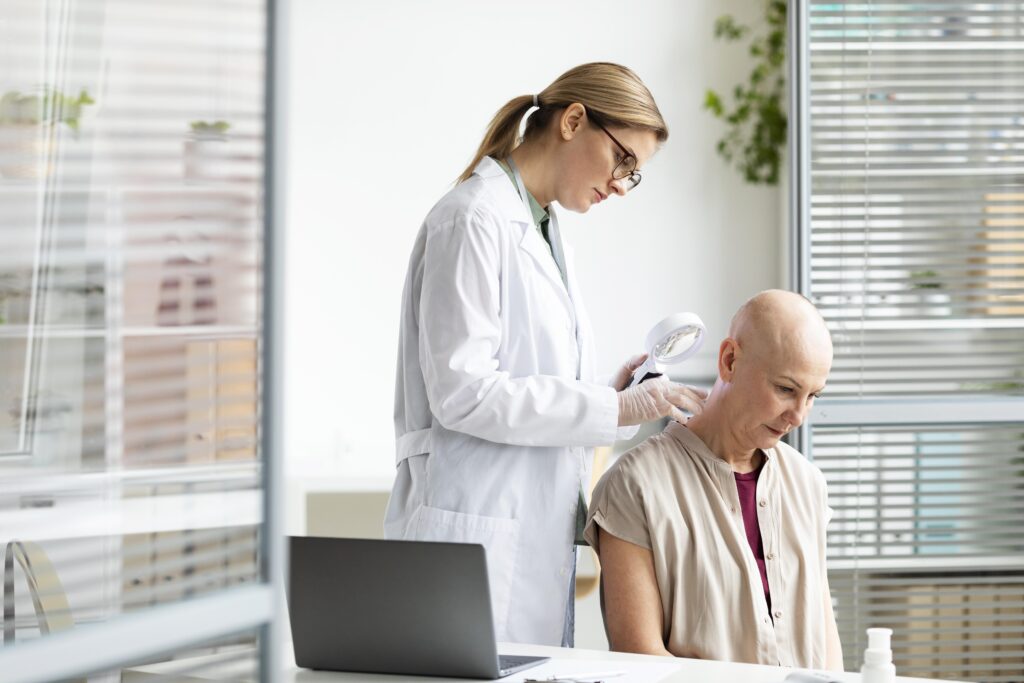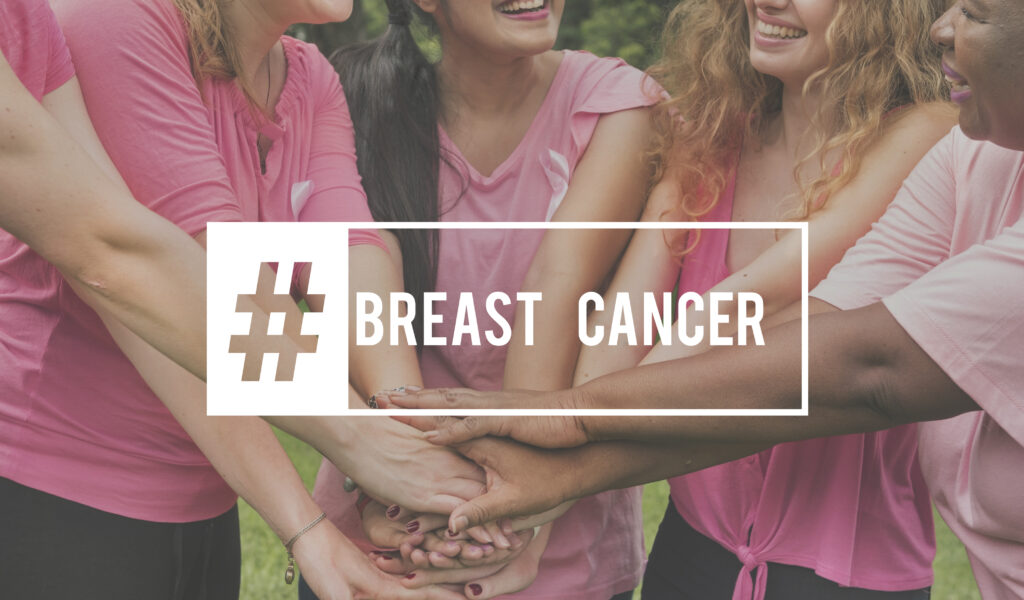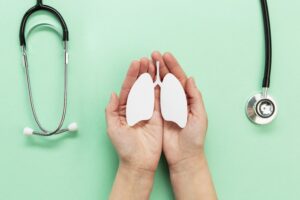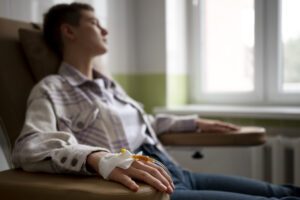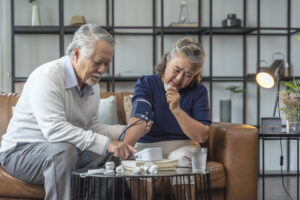The race has only begun
Why Post-Treatment distress matter?
Having cancer might make you feel like you’re in a marathon with an end goal in mind. People with cancer may keep this metaphor in mind as they strive to overcome the obstacles posed by cancer. Nonetheless, just because someone completes treatment doesn’t indicate they’ve arrived at the finish line.
Even after successful treatment, some cancer survivors feel haunted by their diagnosis. Others can still see the finish line but continue to race towards cancer. On the other hand, some might find that the finish line they reach is not what they imagined.
And this is where the concept of acknowledging Post-Treatment distress for cancer survivorship comes in. It is where cancer survival comes into play. Understanding the post-treatment distress effect helps cancer survivors through the disease, being prepared and enabling them to live happy lives with the best quality of life possible.
After finishing medical treatment, it’s normal to feel a sense of relief and hope that things will return to normal. But let’s say that this isn’t the case; now what? Post-treatment distress is defined as unpleasant anxiety, stress, or depression that may arise as a consequence of:
- Physical factors
- Emotional factors
- Social factors
If you have difficulty getting used to life after treatment, contact us if you want to share with other survivors or mental health professionals.


